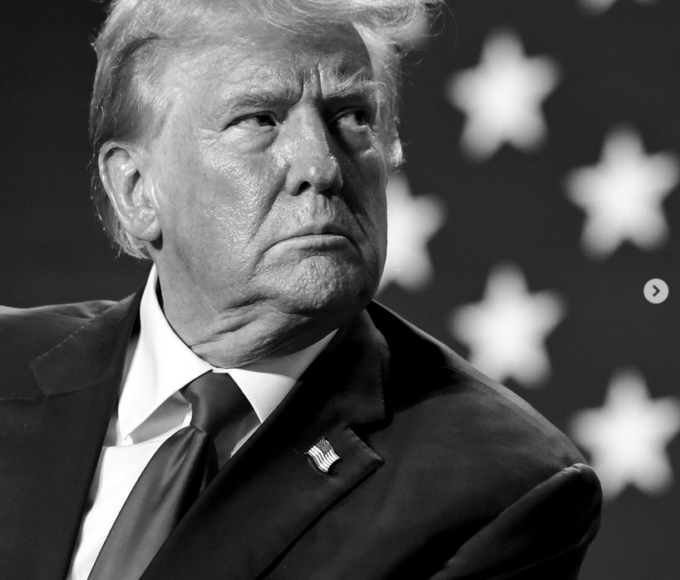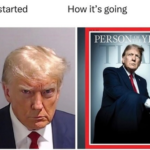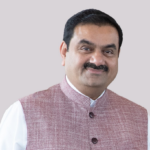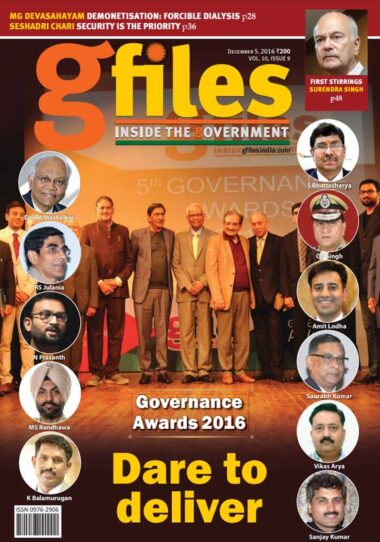- Cover Story
- Governance
- Globe Scan
DiplomacyGlobe ScanLift the sanctions and deal with new Syria: Ahmad Sharaa
ByTN ASHOKDecember 21, 2024- Corruption
- State Scan
- Talk Time
Recent Posts
© Copyright 2007 - 2024 Gfiles India. All rights reserved powered by Aerial Infotech.December 2019
₹500.00
THERE are individuals who epitomise a year. There are events that symbolise the same. Then there are trends that concretise views on what’s really wrong with governance and governments. In 2019, as can be witnessed from the 12 covers of gfiles, we relentlessly focused on all of them. We talked of things that are relevant to our lives, as well to the working of a free and transparent democracy. We picked up issues that highlighted the state of the elitist power centres—governments and civil services—as also those of the poor, underprivileged, and middle class.
While analysing leaders like India’s Narendra Modi and the US’ Donald Trump, we told the readers about a new style of irreverent, centralised, and discursive style of governance that has emerged across the globe. ‘Howdy Modi’, the former’s latest visit to the latter’s democratic bastion, highlighted how the concept of democracy has transformed, and large sections of global citizens have enthusiastically, though in a half-baked form, accepted it. The narratives have changed in the past few years, and 2019 possibly witnessed their entrenchment in several nations.
Delhi’s Arvind Kejriwal, who stormed into one of the most important political citadels, was believed to be the anti-thesis of the above-mentioned governance style. He came across as a radical, someone whose approach was more anarchist and, hence, revolutionary. In the end, he conclusively proved that he was the other side of the same Modi-Trump coin. The appointment of India’s new foreign secretary, S. Jaishankar, indicated that New Delhi was keener to ally with Washington, even as it tried to balance its acts with Moscow, Beijing, Tokyo, London and Riyadh.
No event was more important in 2019 than the national elections. Our two covers, which focused on them, revealed two of the most crucial trends across the globe. The first was, of course, how social media emerged as the nucleus around which winning campaigns are built and executed. First-time voters, youth, and fence-sitters can be both cajoled to vote for a certain political party, or sit at home. More importantly, we said that a party had to influence a tiny minority, a few millions in specific constituencies, rather than a hundred million voters.
SKU: December 2019 Category: 2019 Tags: 2019, Bureaucracy Magazine, Bureaucracy News, Bureaucracy Updates, gfiles MagazineRelated products
Dec 2016
₹1,500.00Original price was: ₹1,500.00.₹500.00Current price is: ₹500.00.September 2017
₹1,500.00Original price was: ₹1,500.00.₹500.00Current price is: ₹500.00.January 2018
₹1,500.00Original price was: ₹1,500.00.₹500.00Current price is: ₹500.00.May 2017
₹1,500.00Original price was: ₹1,500.00.₹500.00Current price is: ₹500.00. - Governance































































